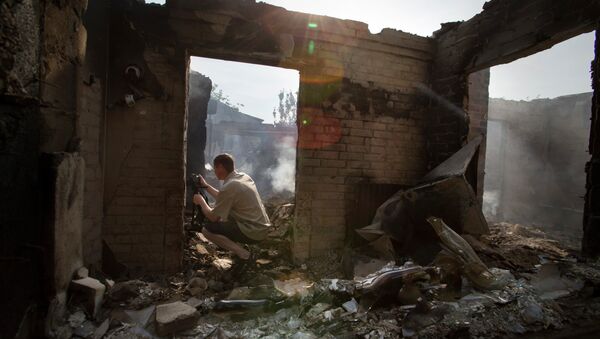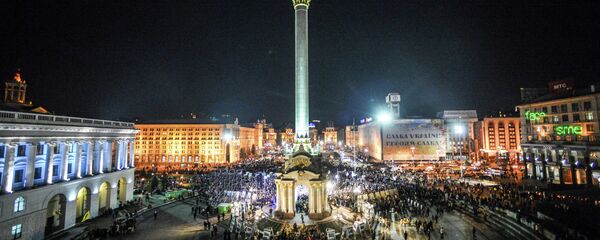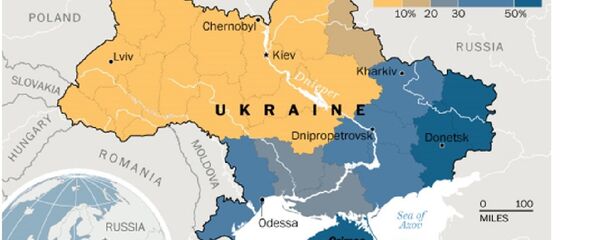It begs the question if Europe's current security crisis provoked by the Ukrainian turmoil was a result of Brussels' own "flowered policies," Matthew Dal Santo, a writer and Danish Research Council post-doctoral fellow at the University of Copenhagen, stressed.
"Because Brussels was in denial about not only the geopolitical consequences of the ENP but also, even more damningly, its aims, it believed it could afford to ignore Moscow. But by playing the Ukrainian AA [Association Agreement] down as nothing more than a 'trade deal', the EU refused to acknowledge, let alone prepare for, any of its attendant risks," Matthew Dal Santo emphasized.
Furthermore, the ENP's most active supporters, particularly Sweden, Poland and the Baltics, had their own geopolitical goals: they wanted an "unofficial buffer against Russia," the writer noted, quoting Rumer and Menon.
"Though the ENP did not explicitly aim to create a wider sphere of EU influence or a collection of satellites subservient to Western Europe, the ENP's practical effect would still have amounted to creating a peripheral region where it would exert considerable influence," political analysts pointed out, cited by Matthew Dal Santo.
The ENP project was based on the premises that Russia would accept the integration of post-Soviet states into the EU fold, and abandon its own cultural, economic and strategic interests.
However, the dream that Moscow would see the world as Brussels saw it has been crushed by reality.
Thus far, a number of burning and unresolved issues have led to the internal strife between proponents of the pro-Russian course in eastern Ukraine and those who have chosen the Western path, while the EU teeters on the brink of its most severe security crisis in a generation.




